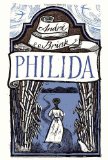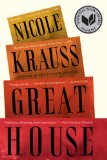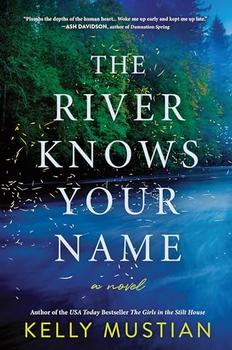Summary | Excerpt | Reading Guide | Reviews | Beyond the book | Read-Alikes | Genres & Themes | Author Bio

Fiction
by J M CoetzeeSummertime is an inventive and inspired work of fiction that allows J.M. Coetzee to imagine his own life with a critical and unsparing eye, revealing painful moral struggles and attempts to come to grips with what it means to care for another human being.
A young English biographer is researching a book about the late South African writer John Coetzee, focusing on Coetzee in his thirties, at a time when he was living in a rundown cottage in the Cape Town suburbs with his widowed father - a time, the biographer is convinced, when Coetzee was finding himself as a writer. Never having met the man himself, the biographer interviews five people who knew Coetzee well, including a married woman with whom he had an affair, his cousin Margot, and a Brazilian dancer whose daughter took English lessons with him. These accounts add up to an image of an awkward, reserved, and bookish young man who finds it hard to make meaningful connections with the people around him.
Summertime is an inventive and inspired work of fiction that allows J.M. Coetzee to imagine his own life with a critical and unsparing eye, revealing painful moral struggles and attempts to come to grips with what it means to care for another human being. Incisive, elegant, and often surprisingly funny, Summertime is a compelling work by one of today's most esteemed writers.
Though it may strike an odd note of praise, the most admirable quality of J.M. Coetzee's Summertime is the author's monastic restraint. As the novel develops through a disjoint series of interviews with characters from the early career of the now famous writer J.M. Coetzee, practically every page calls out for the real Coetzee to break the fourth wall of narration and intervene on his hapless hero's behalf. No such intrusion is forthcoming. Instead, we play rapt audience to lovers, family and colleagues whose recollections painstakingly depict the fictional Coetzee as a calamitous failure of a human being, unable to make contact through the walls of his genius... More than just an academic exercise in meta-fiction, this is an understated yet riveting portrait of the artist as a young man...continued
Full Review
(567 words)
This review is available to non-members for a limited time. For full access,
become a member today.
(Reviewed by Micah Gell-Redman).
 Born in Cape Town, South Africa, on February 9, 1940, J. M. Coetzee* studied first at Cape Town, earning degrees in English and mathematics. He worked for several years as a computer programmer while he researched his thesis on the novelist Ford Madox Ford. In 1968 he graduated from the University of Texas at Austin with a PhD in English, linguistics, and Germanic languages. His dissertation was on the early fiction of Samuel Beckett.
Born in Cape Town, South Africa, on February 9, 1940, J. M. Coetzee* studied first at Cape Town, earning degrees in English and mathematics. He worked for several years as a computer programmer while he researched his thesis on the novelist Ford Madox Ford. In 1968 he graduated from the University of Texas at Austin with a PhD in English, linguistics, and Germanic languages. His dissertation was on the early fiction of Samuel Beckett.
After three years as an assistant professor at SUNY Buffalo, his application for permanent residence in the U.S. was denied as a consequence of his anti-Vietnam war activism. In 1972 he returned to South Africa and joined the faculty of the University of Cape Town where he held a series of positions until ...
This "beyond the book" feature is available to non-members for a limited time. Join today for full access.

If you liked Summertime, try these:

by André Brink
Published 2013
In Philida, longlisted for the Man Booker Prize, André Brink—"one of South Africa's greatest novelists" (The Telegraph)—gives us his most powerful novel yet; the truly unforgettable story of a female slave, and her fierce determination to survive and to be free.

by Nicole Krauss
Published 2011
Nicole Krauss has written a soaring, powerful novel about memory struggling to create a meaningful permanence in the face of inevitable loss.



Some books are to be tasted, others to be swallowed, and some to be chewed on and digested.
Click Here to find out who said this, as well as discovering other famous literary quotes!